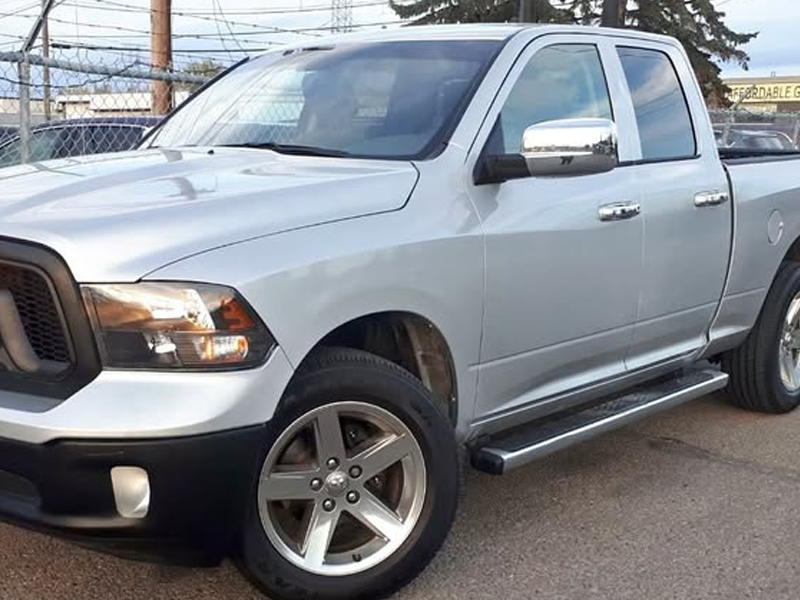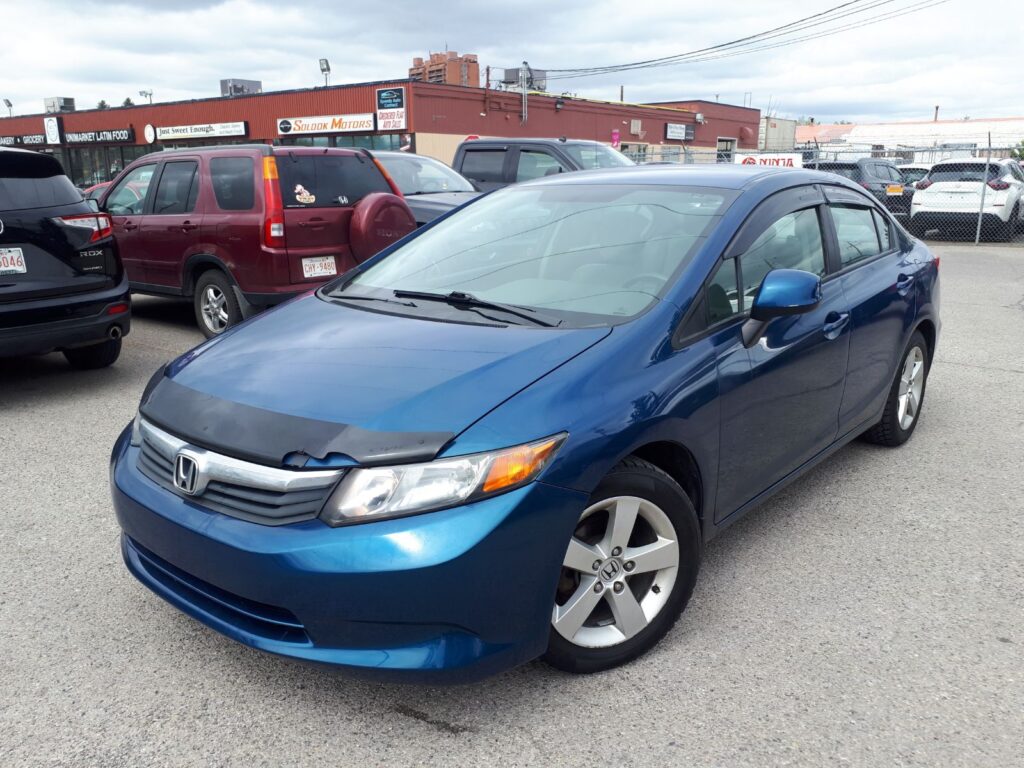Maintaining proper tire pressure and rotating tires is important for safety, tire performance and longevity. Many people are old enough to remember the days when you would visually inspect and manually check the tire pressure periodically or if it appeared low. A nice idea might be an automated notice feature? Maybe…until you have to live with it?
Tire Pressure Sensors TPS are mounted on the inside of the tire, attached to the valve stem. Unlike other sensors in your car, they are not connected to the vehicle’s main power source. Instead, each TPS operates on an independent battery with an expected lifespan of 2-5 years. A mechanic links the newly installed TPS to the car’s computer system using diagnostic equipment. Good so far, right?
While low tire pressure can set a TPS off, so can fluctuations in temperature or a bump in the road, While they might reset, they often don’t, adding further confusion and even an unnecessary visit to the garage (and maybe a bill) to reset the sensor. A disturbing amount of drivers even mistake the TPS icon for the check engine one amping the stress level attached.
Remember, the TPS battery WILL fail. When one tire pressure sensor triggers, it is usually because the battery is failing, and the other three sensors may soon follow. For this reason, many people opt to replace all four sensors only when changing their tires, as the tires are already off the rim reducing the cost significantly. Now we get to stare at the TPS warning on your dash forever? Maybe you want to run 2 sets of seasonal tires to double the fun? Ugh…
While this technology is meant to improve safety and convenience, it is often viewed as more of a maintenance hassle than it’s worth. Car Dealers long ago stopped trying to include correcting TPS sensors when preparing cars and more than one frustrated car owner have finally concluded that a small piece of black electrician’s tape covers the TPS icon on their dash quite nicely, solving the challenge of maintaining the sensors perpetually.
Whether you choose to maintain your TPS sensors or opt for the “piece of tape” solution and check your tire pressure regularly, understanding how these sensors work and their importance can help you make an informed decision.
(Thought we’d share the pain with this Car Care Tip)
For expert advice on maintaining your vehicle, feel free to contact Ninja Car Shopper anytime!
Call Colin Sander and the Ninja Car Shopper team at 403-903-7229.
















